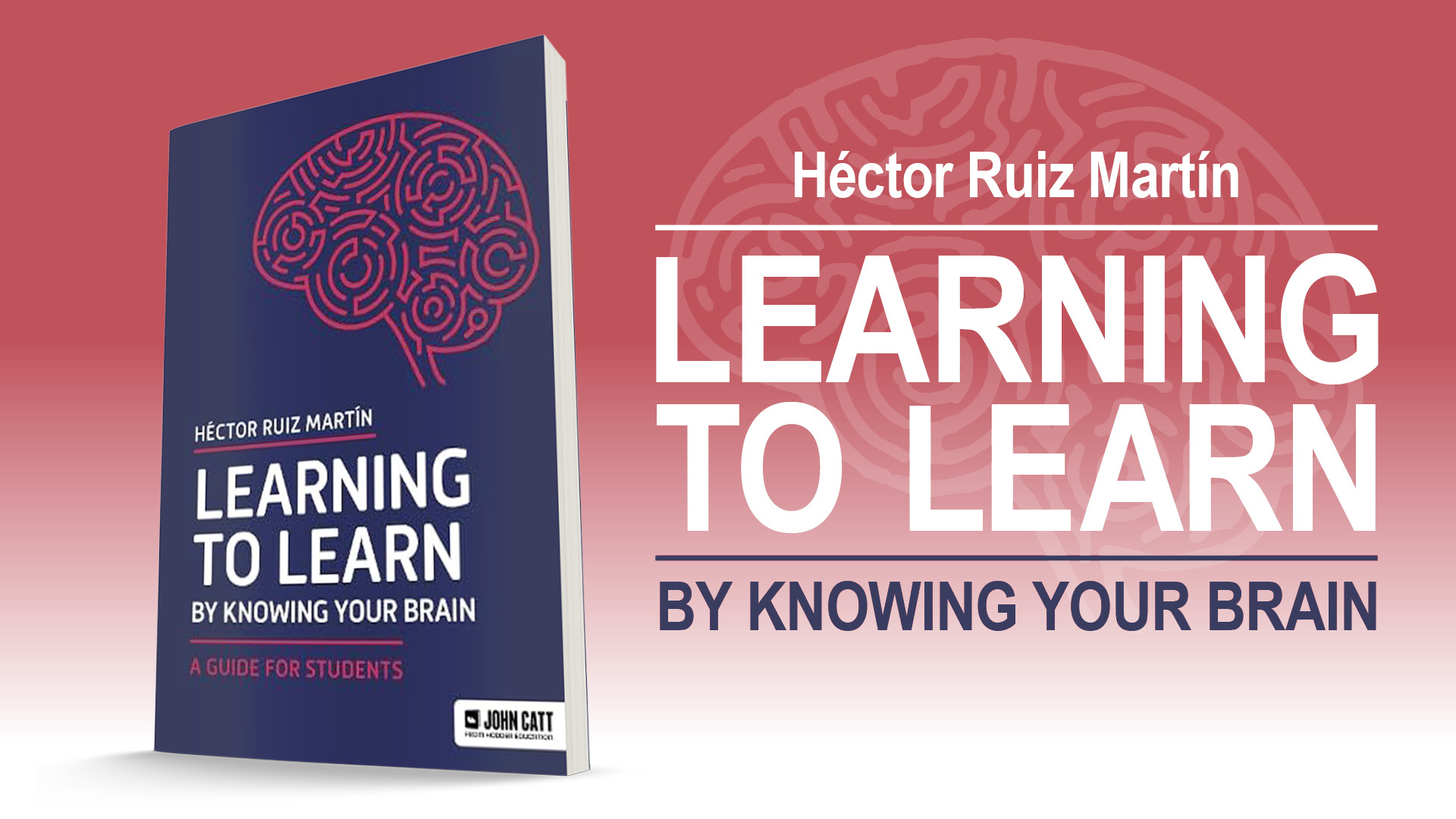
How Does the Brain Learn?

One of the keys to self-regulated learning is the knowledge of good metacognitive strategies that promote meaningful, lasting, and transferable learning. Indeed, research shows that this is one of the factors with the greatest impact on student performance and, consequently, on their motivation and autonomy.
In this book, which is written in a direct and very entertaining style, Héctor Ruiz Martín shares with young learners his knowledge about how we learn and, specifically, about the actions and circumstances that help us learn better.
Students aged 12 and older will learn strategies such as retrieval practice, interleaved practice, or elaboration. They will also discover the importance of planning and not leaving everything to the last moment, and appreciate the benefits of collaborating to learn. In other words, they will learn to learn.
Look no further: this is the perfect book to introduce the competence of learning to learn in tutorials from a scientific perspective based on how the brain works.
A Book to Find Out about How We Learn
In this book, a scientist explains in a simple and very entertaining way how your brain learns and what you can do to take advantage of its full potential.
Among other things, you will find out that…
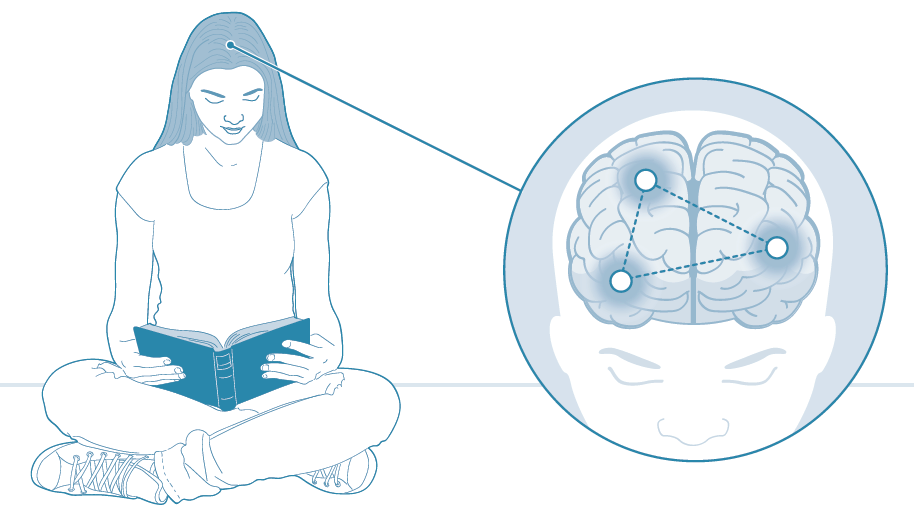
- Both people who are good at learning and those who are not can improve their performance if they use the right learning strategies: those that align with the way the brain learns best!
- Most students do not know these strategies and those who spontaneously develop them gain a huge advantage without even realizing it.
- Your brain is much more powerful than you think in terms of its ability to learn. Every time you learn something, it changes its structure!

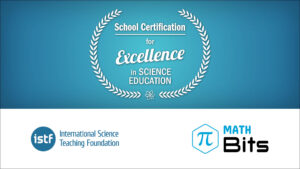
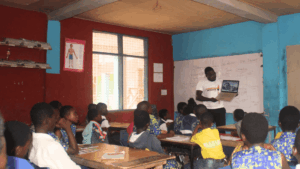







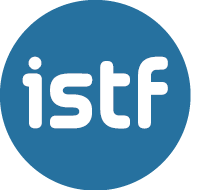
Leave a Reply